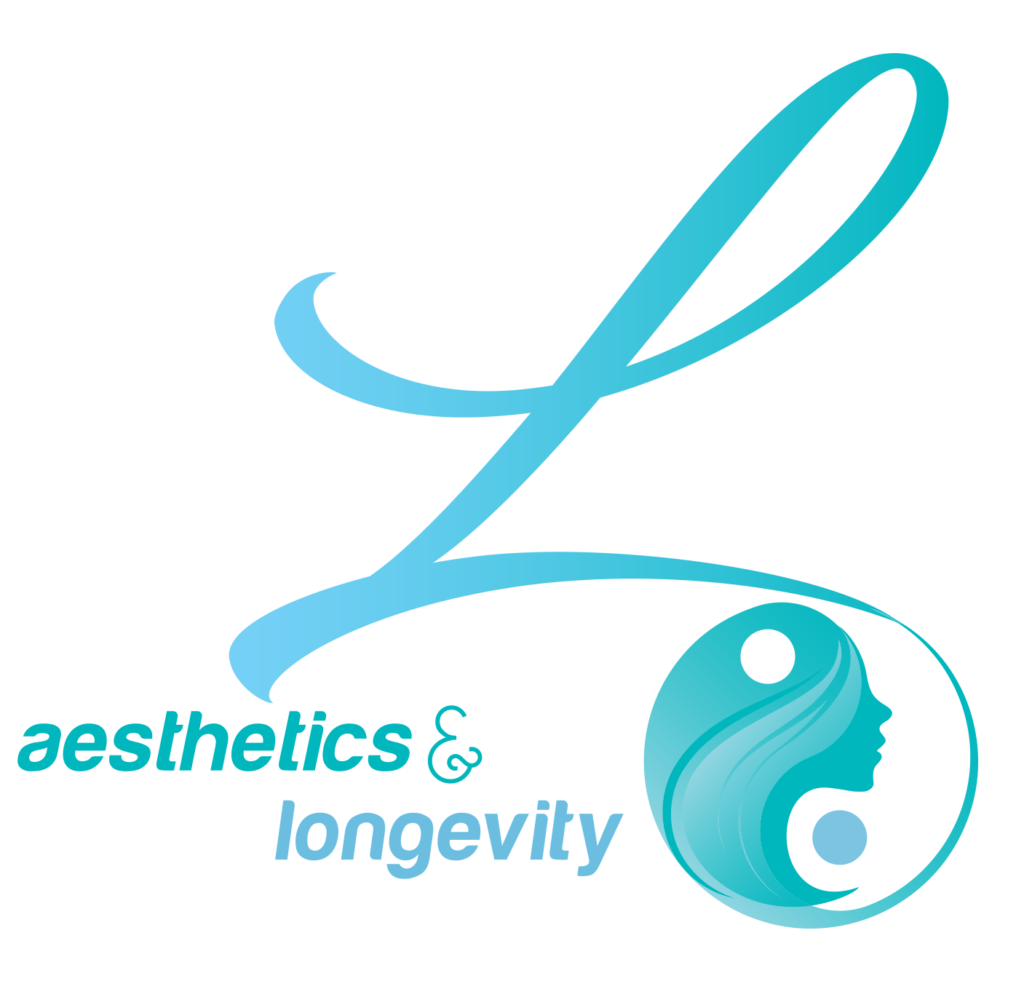There are many factors that contribute to the aging process in humans. Some of the main factors contributing to aging have been studied and include telomere shortening, chronological age, oxidative stress, and glycation.
Factor #1: Shortening of Telomores
Telomeres are stretches of DNA located at the end of our chromosomes and they protect our genetic data making it possible for cells to divide. Telomeres have been compared to the small plastic tips on the end of our shoelaces. They keep our chromosomes from fraying at the end and sticking to each other. Each time our cells divide the telomeres get shorter and when they are too short the cell can no longer divide and it becomes senescent or inactive and it dies. The telomeres have been associated with aging, cancer, and death.
There is an enzyme called telomerase which adds bases to the ends of the telomeres to keep the telomeres from wearing down too quickly, but as our cells divide over and over again there is no longer enough telomerase and the telomeres grow shorter and the cells age. Human cells divide an average of 50 to 70 times before the telomeres become too short and the cells can no longer divide.
Telomerase has been used in the lab to keep human cells dividing beyond their normal limits. A company called TA Sciences is currently marketing a nutritional supplement known as TA-65®. TA-65 is a telomere activator derived from the astragalus plant that has been shown to reduce the speed of telomere shortening.
Chinese medicine has been using the astragalus plant (huang qi) for thousands of years to help slow down the effects of aging and combat many health challenges. It has been shown to help bolster the immune system by stimulating natural interferon production and restores blood cell production. In Chinese Medicine it is known as a spleen and lung qi tonic and enhances energy. It has many other helpful actions and we will have an article dedicated solely to astragalus in the future.
Chronological aging (the passing of time) contributes to aging of our cells and thus our bodies. As we get older our telomeres get shorter and we age faster. As of yet, we have not discovered how to slow down or stop time.
Factor #2: Oxidative Stress
Another factor that contributes to aging is oxidative stress. Oxidative stress is the damage that occurs to proteins, DNA, and fats in our bodies caused by oxidants which are highly reactive substances containing oxygen. These oxidants are introduced into our body normally when we breathe in air which contains oxygen and also result from infection, inflammation, exposure to toxins, and consumption of alcohol and cigarettes.
Factor #3: Glycation
Another factor that contributes to the aging process is glycation. This happens when glucose binds to some of our proteins, DNA, and lipids causing them to become sticky and thus unable to do their jobs. As we get older the glycation products build up and this causes our body tissues to malfunction which leads to disease and death.
Is it possible to slow the aging process?
What can we do to help slow down the aging of our brains and bodies? I will discuss this topic in more detail in a future post, but for now I will leave you with a few choice morsels of anti-aging wisdom.
We can decrease the oxidative stress occurring in our tissues by avoiding the things that lead to oxidative stress such as prolonged periods of exposure to ultraviolet light (the light that comes from the sun, computer screens, and some light bulbs), inflammatory substances such as alcohol, cigarettes, drugs, stress and unhealthy foods.
Some of the foods that can contribute to the oxidative stress of our body include deep fried foods and those heavy in animal fats and hormones.
Glycation occurs when glucose binds to the proteins, lipids and DNA in our system thus it follows that decreasing the intake of glucose and foods that are easily converted to glucose in our bodies can decrease glycation. Laboratory animal studies have indicated that restricting calorie intake extends life span which is probably because of the reduction in glycation.
Stay tuned for specific dietary guidelines and lifestyle habits that can increase your health and maybe your lifespan. We will also be covering nutritional supplements that have been shown to slow down or reverse the signs of aging.
